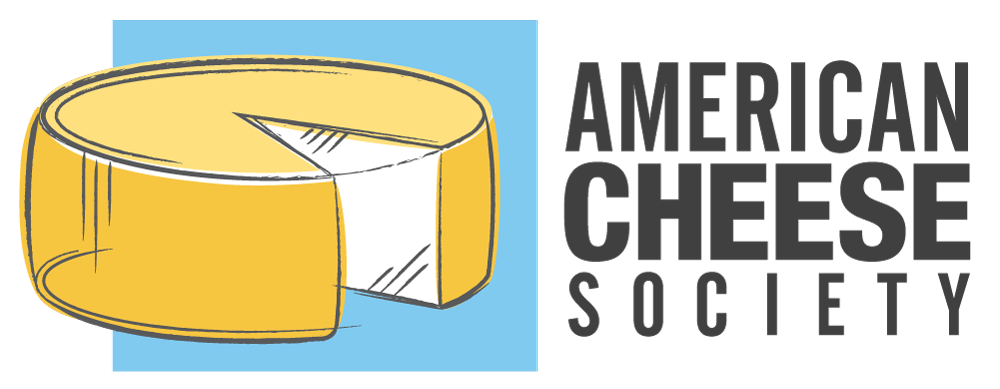For more information about the Highly Pathogenic Avian Influenza (HPAI) outbreak and its impact on dairy cows and cheese safety, check out the resources below.
ACS will update our information as the situation develops.
- Centers for Disease Control and Prevention (CDC) for information on human infections and risk assessment: LINK
- Food and Drug Administration (FDA) for recommendations on milk safety and pasteurization: LINK
- USDA Animal and Plant Health Inspection Service (APHIS) for updates on avian influenza outbreaks in the United States: LINK
- This is an opportunity to reinforce good biosecurity practices. The National Dairy FARM Program offers several valuable resources: LINK
Frequently Asked Questions about Highly Pathogenic Avian Influenza (HPAI) Outbreak Impact on Dairy Cows and Cheese Safety
Overview and Current Implications
While dairy cows are not typically susceptible to avian influenza, detecting the virus in dairy herds can still affect milk production and farm management. Across the country, dairy farms and cheesemakers are taking aggressive action to ensure quality and safety. These include heightened biosecurity measures, monitoring and managing dairy herds, and quarantines. The detection of avian influenza in dairy herds can have significant economic implications for farmers, as they incur losses due to reduced milk production, treatment costs for sick animals, and the need to implement additional biosecurity measures.
What is the status of the avian influenza outbreak in the United States?
Highly Pathogenic Avian Influenza (HPAI) has been detected in several states, including TX, NM, KS, NC, ID, SD, OH, and MI. The outbreak has affected both poultry and dairy herds.
How has avian influenza impacted dairy cows?
Avian influenza has been detected in 30 dairy herds out of approximately 26,000 herds in the U.S. Dairy farmers are advised to monitor their cattle closely for signs of illness, such as a decline in milk production, and to separate sick animals immediately. Milk from infected cows should be discarded.
Can avian influenza infect humans?
While avian influenza primarily affects birds, there has been one confirmed case of human infection in a dairy farm worker in TX. However, the risk to the public is currently considered low, and there have been no significant changes observed in the virus that would make it more transmissible to humans.
Is cheese made from milk of infected cows safe to consume?
The FDA recommends that milk from exposed, asymptomatic cattle should only be used for pasteurized milk and milk products. Pasteurization effectively inactivates bacteria and viruses, including avian influenza viruses, making pasteurized cheese safe for consumption.
What about raw milk cheese?
There is limited data on the impact of avian influenza on raw milk cheese. Cheesemakers are advised to monitor their milk supply carefully and to ensure that milk used in cheese production comes from suppliers who have not been affected by avian influenza.
Importantly, routine testing and well-established protocols for U.S. dairy will continue to ensure that only safe milk enters the food supply.
Milk from sick cows must be collected separately and is not allowed to enter the food supply chain. This means affected dairy cows are segregated, as is normal practice with any animal health concern, and their milk does not enter the food supply.
Should consumers be concerned about purchasing cheese at retail stores?
The FDA does not currently have concerns about the safety and availability of pasteurized milk products, including pasteurized cheese, sold nationwide. Consumers can continue to purchase and consume pasteurized cheese with confidence, as pasteurization effectively eliminates pathogens such as avian influenza viruses.
What precautions are being taken to ensure the safety of dairy products?
The FDA recommends testing for HPAI viruses in pooled milk before resuming commerce in unpasteurized dairy products following the apparent resolution of illnesses on the premises. This precaution helps to minimize the risk of contamination and ensures the safety of dairy products for consumers.
What can dairy farmers and cheesemakers do to prevent the spread of avian influenza?
Dairy farmers should continue to implement biosecurity measures on their farms to prevent the introduction and spread of avian influenza. Cheesemakers should source milk from reputable suppliers and continue conducting regular testing to ensure the safety of their products.
Is there ongoing research into the impact of avian influenza on dairy cows and dairy products?
Yes, researchers are continually studying the impact of avian influenza on dairy cows and dairy products to better understand the disease and develop strategies to mitigate its spread. This research helps to inform recommendations for dairy farmers and cheesemakers to ensure the safety of dairy products for consumers.
